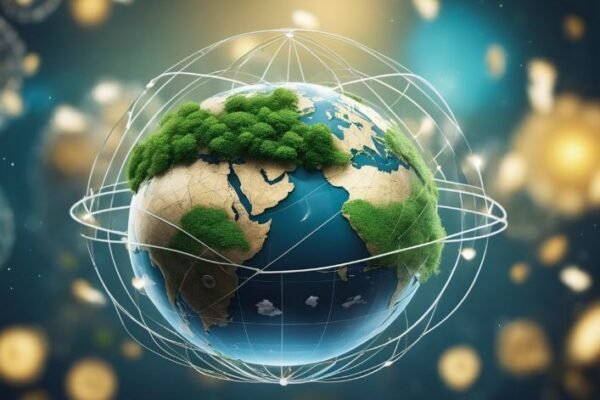
How to Use Environmental Ethics to Guide Policy Decisions
Environmental ethics is a philosophical approach that examines the moral relationships between humans and the natural environment. As society grapples with pressing ecological issues—such as climate change, biodiversity loss, and sustainable resource management—integrating environmental ethics into policy decisions becomes increasingly essential. Here’s how policymakers can effectively implement environmental ethics to guide their decisions. Recognize the…














